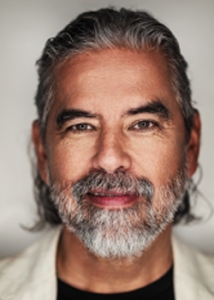
Human colonization of the Moon was the focus of a University of Hawaiʻi at Mānoa College of Engineering talk by Henk Rogers, a global leader, philanthropist and UH alumnus.

Rogers is the founder of the International MoonBase Alliance, which brings together scientists, futurists, engineers and business people to make space colonization a reality. The organization is developing a prototype in Hawaiʻi to serve as a platform for developing the necessary technologies and standards for the eventual “MoonBase.” Rogers’ vision is a spaceport built robotically on the Moon before the first settlers arrive.
Rogers first wants to build structures on the Moon’s surface using robots controlled by scientists on Earth. Eventually, Rogers wants to send humans to the Moon to live in these structures and become self-sufficient. Some challenges that will need to be faced include dealing with the amount of radiation on the Moon—because on Earth, a majority of radiation is absorbed by the atmosphere, which the Moon does not have—and dealing with the large range of temperatures on the Moon’s surface. One way to combat this is to build livable habitats underground.
“I want to have a permanent settlement on the Moon by the end of the decade,” Rogers told students and faculty in aerospace engineering—one of two concentrations for the BS in engineering science degree program. “And in another 10 years, we should have an industrial capability to build stuff using stuff on the Moon. We won’t need resupply anymore.”
Rogers is also chairman of the Pacific International Space Center for Exploration Systems (PISCES), a nonprofit organization bringing the business of space exploration to the state. The Hawaiʻi Space Exploration Analog and Simulation—one of PISCES’s most prominent projects—is a Mars-like habitat on Mauna Loa that NASA uses as a research facility.
More about Rogers
Rogers is the founder and board chair of Blue Planet Foundation, an organization powering the way for 100% clean energy in Hawaiʻi. He is also well-known among video game enthusiasts as one of his companies owns the worldwide rights to Tetris. Rogers studied computer science at UH Mānoa 1973–75.
—By Marc Arakaki

